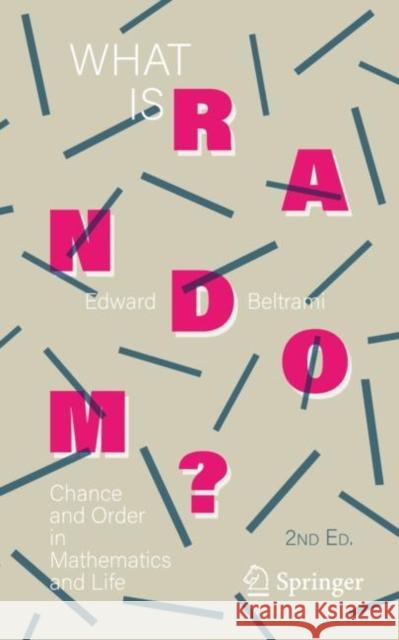What Is Random?: Chance and Order in Mathematics and Life » książka
topmenu
What Is Random?: Chance and Order in Mathematics and Life
ISBN-13: 9781071607985 / Angielski / Miękka / 2020 / 192 str.
Kategorie:
Kategorie BISAC:
Wydawca:
Copernicus Books
Język:
Angielski
ISBN-13:
9781071607985
Rok wydania:
2020
Wydanie:
2020
Ilość stron:
192
Waga:
0.23 kg
Wymiary:
20.32 x 12.7 x 1.24
Oprawa:
Miękka
Wolumenów:
01
Dodatkowe informacje:
Wydanie ilustrowane











